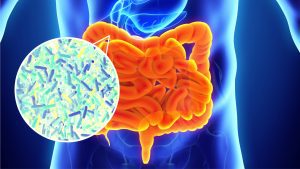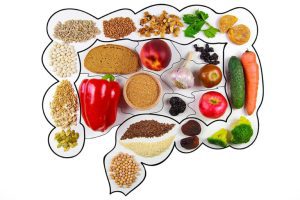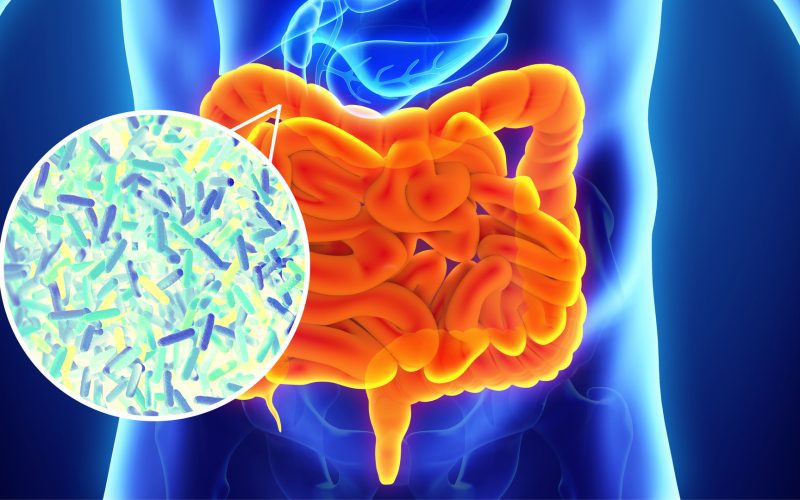The intricate relationship between gut health and digestive disorders like irritable bowel syndrome (IBS) and inflammatory bowel disease (IBD) is a subject of growing interest in the field of gastroenterology. Understanding how maintaining a healthy gut microbiome can alleviate symptoms associated with these conditions is crucial. Let’s delve into the link between gut health and these digestive disorders and explore strategies for managing symptoms by nurturing a balanced gut microbiota.
Gut Health and Irritable Bowel Syndrome (IBS)
IBS, a common gastrointestinal disorder characterized by abdominal pain, bloating, altered bowel habits, and discomfort, has a complex relationship with gut health. Studies suggest that alterations in the gut microbiota composition and function may contribute to IBS symptoms. Imbalances in microbial diversity or specific bacterial overgrowths have been associated with IBS, affecting gut motility and sensitivity.

Inflammatory Bowel Disease (IBD) and Gut Microbiome
IBD, comprising Crohn’s disease and ulcerative colitis, is characterized by chronic inflammation of the gastrointestinal tract. Emerging research indicates that individuals with IBD often exhibit dysbiosis, an imbalance in the gut microbiome. This imbalance can trigger immune responses, leading to inflammation and exacerbating IBD symptoms.
Alleviating Symptoms through Microbiome Restoration
- Probiotics and Prebiotics: Incorporating probiotics (beneficial bacteria) and prebiotics (fiber that feeds beneficial bacteria) can support a healthier gut microbiome. Probiotic supplements or probiotic-rich foods like yogurt, kefir, and sauerkraut may help restore microbial balance.
- Dietary Modifications: Adopting a low FODMAP diet (reducing fermentable carbohydrates) may alleviate IBS symptoms. Additionally, consuming fiber-rich foods, fruits, and vegetables supports a diverse gut microbiome.
- Stress Management: Stress reduction techniques, such as mindfulness, meditation, and yoga, can positively impact gut health and help manage IBS symptoms linked to stress.
- Precision Medication: Advanced approaches like fecal microbiota transplantation (FMT) show promise in restoring gut microbial balance, particularly in refractory cases of IBD.
Future Directions in Gut Health Management
Ongoing research aims to unravel the intricacies of the gut microbiome’s role in digestive disorders. Personalized approaches, including microbiome-targeted therapies and precision nutrition, hold promise in managing symptoms and improving the quality of life for individuals affected by IBS, IBD, and related conditions.

Conclusion
The link between gut health and digestive disorders like IBS and IBD underscores the importance of maintaining a balanced gut microbiome in managing symptoms. Strategies focusing on restoring microbial diversity through probiotics, dietary modifications, stress management, and emerging therapeutic interventions pave the way for more effective management and improved outcomes for individuals grappling with these conditions. Understanding and nurturing the gut microbiome stand as promising avenues in alleviating symptoms and fostering better digestive health.












